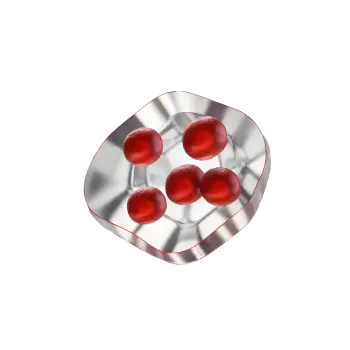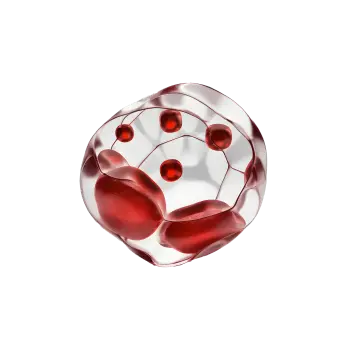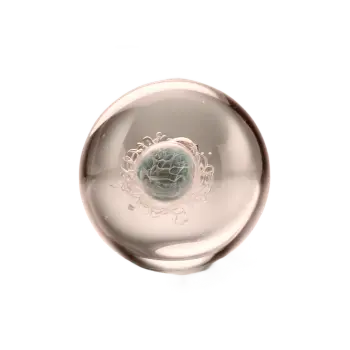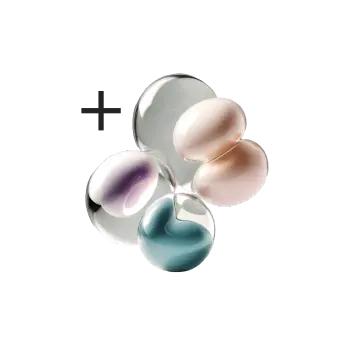Hormonal analysis for decreased sexual desire in women
Sexual desire and motivation in women are complex and individual processes influenced by both hormonal and physiological factors. Sex hormones such as testosterone, estrogen, and progesterone play a central role in regulating sexual activity and desire. When these hormones become imbalanced—due to various reasons—it can lead to a noticeable reduction in sexual drive and satisfaction.
Research shows that hormonal changes during the menstrual cycle, postpartum, with contraceptive use, or in connection with aging and menopause can affect sexual motivation. Stress, lifestyle factors, and medical conditions impacting the hormonal system can also contribute to decreased sexual energy and desire.
Assessment and Consultation with a apecialist physician
The health check includes several hormonal analyses, combined with an evaluation and consultation with a gynecology specialist. After testing, you will have a follow-up consultation to review the results and receive personalized recommendations based on your symptoms and hormonal status. This process helps identify potential imbalances and facilitates treatments aimed at improving your quality of life.
The following hormonal analyses are included
- Testosterone: One of the key hormones for sexual desire in women. Low levels can be associated with reduced energy, sexual motivation, and overall quality of life.
- Estrogen and Progesterone: Essential hormones for maintaining hormonal balance, especially during the menstrual cycle and menopause.
- Prolactin: Elevated levels can decrease sexual desire and cause menstrual irregularities.
- Thyroid Hormones (TSH, T3, and T4): Normal thyroid function is critical for energy, mood, and sexual health. Hypothyroidism, for example, can lead to fatigue and decreased sexual motivation.
- Cortisol: The stress hormone cortisol affects energy levels and can indirectly influence sexual desire. Prolonged stress and elevated cortisol levels can cause hormonal imbalances that impact both body and mind.
What to expect
Women’s sexual desire is not only influenced by sex hormones but also by factors such as stress, lifestyle, and medical conditions. Through our comprehensive hormonal analysis, we can:
- Identify hormonal imbalances that may affect your sexual desire and energy levels.
- Rule out underlying medical conditions, such as thyroid dysfunction or hormonal irregularities.
- Provide tailored recommendations based on your specific symptoms and test results to help improve your hormonal balance and sexual health.
Recommended for women who:
- Experience decreased sexual desire without understanding why—a common yet often overlooked consequence of hormonal imbalances at any age.
- Have undergone hormonal changes, such as postpartum, contraceptive use, or natural cycle variations, and notice an impact on sexual desire.
- Struggle with symptoms like fatigue, mood swings, or low energy, which may be linked to imbalances in hormones such as testosterone, estrogen, or progesterone.
- Seek a clearer understanding of how their hormonal health impacts their well-being and sexual motivation, along with expert advice on potential solutions or treatments.
Decreased sexual desire can affect women during different life stages, often without being linked to hormonal causes. It may stem from factors such as stress, hormonal contraceptives, breastfeeding, or even natural variations in the menstrual cycle. By analyzing and understanding your hormone levels, you can find the key to restoring balance and enhancing both your well-being and sexual health.
Digital follow-up with a physician
When you receive your hormone test results, you will also get a clear summary and medical evaluation. Additionally, you are offered the opportunity for a follow-up consultation with a physician to review the results in more detail. During the consultation, you can ask questions, gain a deeper understanding of your values, and discuss any symptoms or health concerns you may have.
The physician will help identify any imbalances and provide suggestions for individually tailored treatment options based on your needs and lifestyle. This may include dietary and lifestyle changes, hormonal therapies, or other medical interventions.
With the right insights and a treatment plan tailored to your unique circumstances, many women experience improvements in their sexual health, increased energy, and enhanced quality of life. Our goal is to help you feel better, stronger, and gain better control over your health.















































